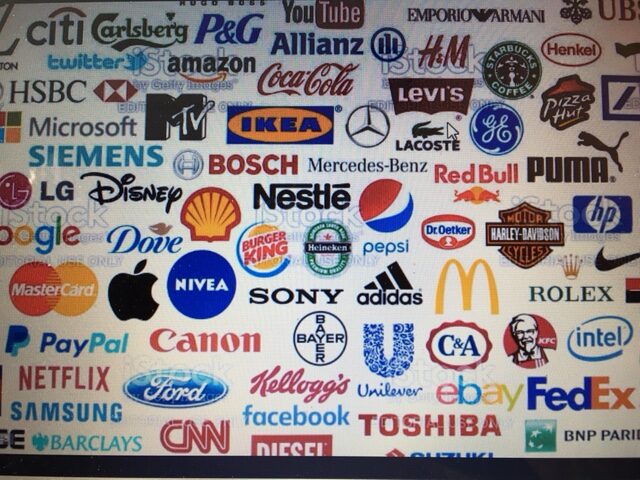Pullout of western companies has been surprising and fast
By Phil Mattera Dirt Diggers
Digest
After the invasion of Ukraine brought sanctions against the
Russian economy, the parent company of Japanese apparel retailer Uniqlo insisted it would continue to operate its
50 stores in the country. 
Western companies that have pulled out of Russia
CEO Tadashi Yanai stated: “Clothing is a necessity of
life. The people of Russia have the same right to live as we do.” A few days
later, Uniqlo did an about-face, announcing it would suspend its Russian
operations and contribute $10 million to the United Nations refugee agency.
Uniqlo is one of many corporations that have bowed to pressure to stop doing business in Russia. Oil majors BP, Shell and ExxonMobil are giving up multi-billion-dollar investments in the country. McDonald’s is temporarily closing hundreds of fast-food restaurants.
Big accounting firms
such as KPMG and PwC are abandoning the country, as are large law firms such as
Cleary Gottlieb. Mastercard and Visa are no longer supporting credit cards
issued by Russian banks.
A compilation by Jeffrey Sonnenfeld and
others at the Yale School of Management lists more than 300 Western firms that
have announced curtailments of their Russian operations. The number is up from
several dozen when Sonnenfeld first published the list on February 28. There
are still some holdouts. Sonnenfeld lists about three dozen mostly U.S.-based
corporations that are still doing business in the country.
The magnitude and the speed of the corporate exodus from Russia has been remarkable. In some cases, the companies have little choice in the matter, given the financial and energy sanctions adopted by Western governments. Yet for the most part, the moves have been reactions to widespread repugnance in the U.S. and Europe over Putin’s attack on Ukraine and the reports of atrocities committed by his troops.
Some corporations saw the direction of public sentiment right
away and moved quickly. Others, like Uniqlo, needed more prodding. McDonald’s,
for instance, made its announcement after facing calls on social media for a
boycott.
Overall, the departures illustrate how, under certain
circumstances, large and powerful corporations can be compelled to do the right
thing, even when it will cause disruption and have negative financial impacts.
In the past, companies have often rebuffed calls for divestment by citing legal
complications. In the current situation, many are acting first and will resolve
those complications later.
For now, our concern has to focus on the fate of Ukraine, but
the success in getting corporations to change their stance on Russia should
inform subsequent efforts. We are seeing that aggressive government action plus
an unwavering public outcry can get large companies to do things they
previously would not consider.
It is not easy to generate the same degree of urgency now felt
over Ukraine, where millions of people are facing an immediate threat, when it
comes to issues such as climate change, which much of the corporate world is
still treating as something that can be addressed over many years.
Yet we have to try, and now we know that corporate resistance is
often a lot more fragile than we expect.